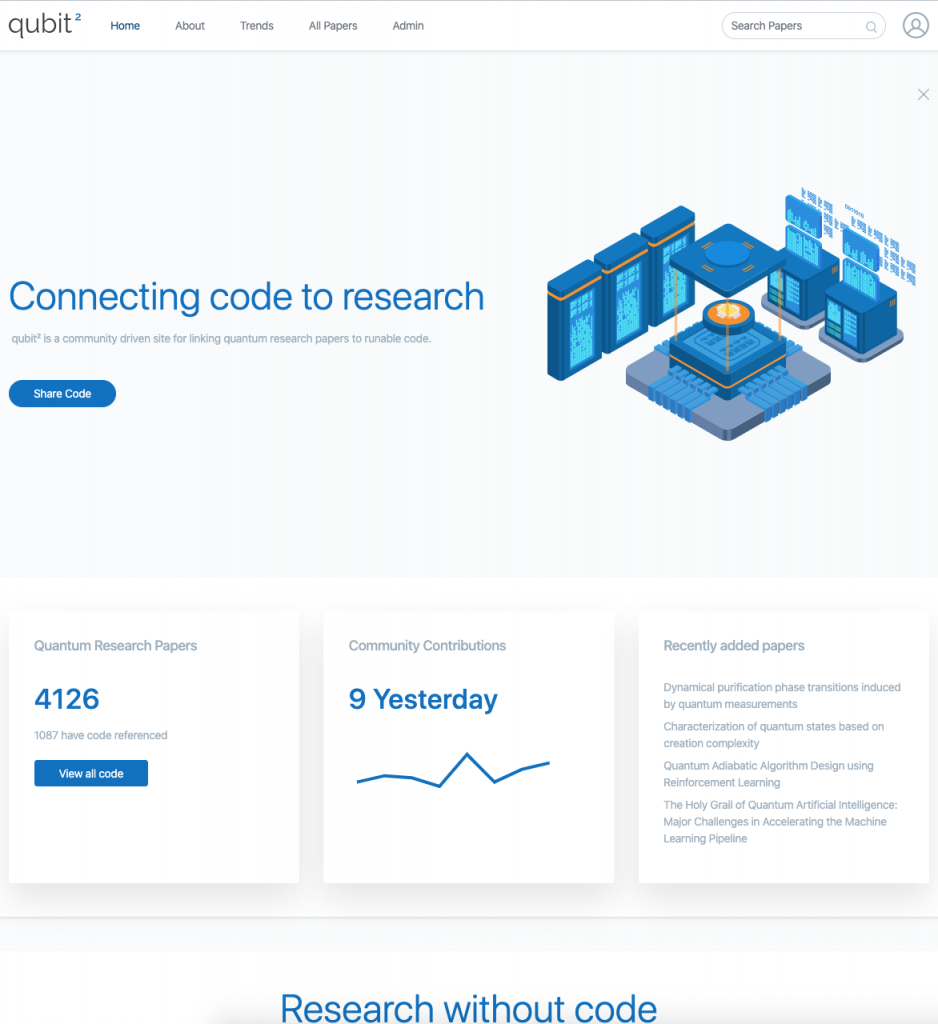
Over the past couple of years I have had a keen interest in quantum computing and the optimism of its benefits over traditional computing methods. I have read countless papers, articles and spent a considerable amount of time deciding how I would explain it to a 5 year old.
ELI5: A normal computer is like a light switch is either on or off. A quantum computer is more like a dimmer switch, it can be partially on, or partially off.
It’s overly simplistic but gives a simple understanding of the potential states that the device can be in. I also wonder how I would explain QC to friends or technology friends. Trying to find the right words that quantify both its elementary simplicity and its quantitative complexity is difficult, especially when you yourself don’t fully grasp it. But like other technologies, the best way to learn is by doing … experimenting, researching and proofing. Leading to your own understanding and comprehension of existing anecdotes and theories or new ones.
In my mission to experiment and run theories and experiments for quantum research, I struggled to find actual code for a lot of the seminal papers. So I wrote the web app www.qubit2.com – it allows people to link open source code to research papers. Essentially providing a connection between the theory and practice. Researchers, hobbyists and educators have shared code for these papers, and it’s currently scattered in all corners of the web. qubit2.com does its best to provide a platform for the community to dig it up and help expose what others have done already, to speed up development of the field and encourage a community of openness and incremental change.
qubit² is intended for 4 groups of people:
Active developers writing code for quantum computers – IBM Q, Riggetti, DWave, etc. it allows them to share code for their specific implementation, programming language and machine.
Aspiring developers and students who are looking for code bases and implementations of seminal research for their preferred programming language or machine they are familiar with.
Researchers who are writing papers and theories who want to see how the community is utilizing research, in practice.
Educators/Professors as more students embark on the career of quantum computing, teachers need a way to share practical implementations of fundamentals and prior theories in an understandable, relatable and tangible manner – is there a better way than code?
The qubit² website currently has ~4200 research papers of which ~1200 have open source code references.
If you are interested in the field, check out www.qubit2.com

You must be logged in to post a comment.